Tramadol 100mg Overview
Tramadol 100mg is used to help relieve moderate to moderately severe pain. Tramadol belongs to a class of drugs known as opioid analgesics. It works in the brain to change how your body feels and responds to pain.
Take this medication by mouth as directed by your doctor, usually every 4 to 6 hours as needed for pain relief. You may take this drug with or without food. If you have nausea, it may help to take this drug with food. Ask your doctor or pharmacist about other ways to decrease nausea (such as lying down for 1 to 2 hours with as little head movement as possible).
If you are using the liquid form of this medication, carefully measure the dose using a special measuring device/spoon. Do not use a household spoon because you may not get the correct dose.
The dosage is based on your medical condition and response to treatment. To reduce your risk of side effects, your doctor may direct you to start this medication at a low dose and gradually increase your dose. Follow your doctor’s instructions carefully.
The maximum recommended dose is 400 milligrams per day. If you are older than 75 years, the maximum recommended dose is 300 milligrams per day. Do not increase your dose, take the medication more frequently, or take it for a longer time than prescribed. Properly stop the medication when so directed.
How Tramadol 100mg works
- Tramadol is a man-made, pain-relieving medicine that may be used for the treatment of moderate-to-severe pain.
- Although experts aren’t exactly sure how tramadol works, studies have suggested that tramadol and its active metabolite bind to mu opioid receptors in the central nervous system (the brain and spinal cord), activating inhibitory neurons and reducing pain signals. It also appears to weakly inhibit the reuptake of serotonin and norepinephrine, increasing levels of these two neurotransmitters in the nerve synapse.
- Tramadol belongs to the group of medicines known as narcotic analgesics.
Benefits
- Tramadol may be used for the treatment of moderate-to-severe pain such as that caused by cancer, osteoarthritis, and other musculoskeletal diseases. Tramadol is often prescribed after surgery.
- Tramadol may also be effective for nerve-related pain.
- Tramadol may be less likely than other narcotic analgesics to cause respiratory depression.
- Available as immediate-release conventional tablets, an oral solution (Qdolo), and extended-release capsules or tablets. Available in fixed combination with acetaminophen.
- May be taken with or without food, but should be taken consistently (this means either with food or without food).
- Generic tramadol is available.
Side Effects
If you are between the ages of 18 and 60, take no other medication or have no other medical conditions, side effects you are more likely to experience include:
- A headache, nausea, dizziness, constipation, vomiting, joint pains, dry mouth, sweating, and itchy skin are commonly reported side effects.
- Sedation, which may affect a person’s ability to drive or operate machinery, or perform hazardous tasks is also commonly reported. Alcohol may enhance this effect.
- May cause dependence, addiction, and slowed breathing. Tramadol may be misused and sought after by drug abusers. Tolerance may develop to its effect.
- Seizures have been reported with tramadol use. The risk is increased in people taking certain types of antidepressants (such as SSRIs, SNRIs, TCAs, MAO inhibitors), other opioids, antipsychotics, other drugs that reduce the seizure threshold, with a pre-existing seizure disorder, head trauma, excessive alcohol use, or with a metabolic disorder predisposing to an increased risk of seizures.
- Do not take tramadol if you are also using alcohol, drugs with sedative properties, or other narcotic medications; dangerous or fatal side effects, such as slowed breathing, can occur.
- Seniors over the age of 65 years may be more sensitive to the side effects of tramadol. Tramadol should be initiated cautiously, and extended-release tramadol is best avoided.
- May not be suitable for some people including those with a history of depression or prone to addiction. Tramadol may increase the risk of suicidal thoughts or behaviors.
- Tramadol may not be appropriate for people at risk for respiratory depression, with head trauma, increased intracranial pressure, or with an acute abdominal disease.
- The dosage of tramadol may require adjusting in liver or kidney disease.


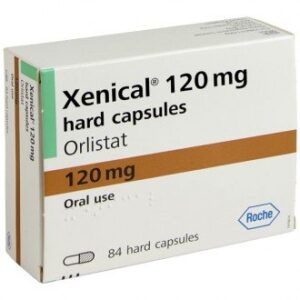

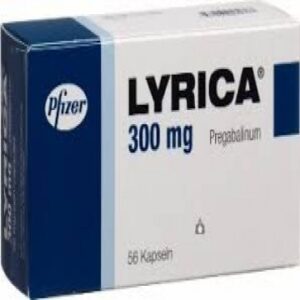
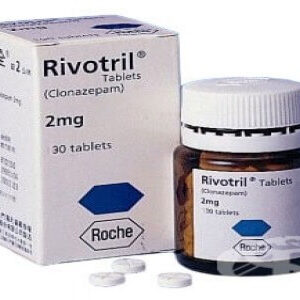
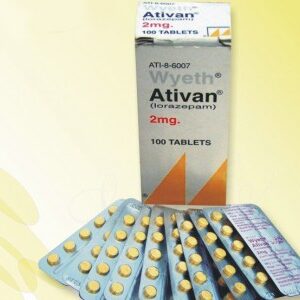
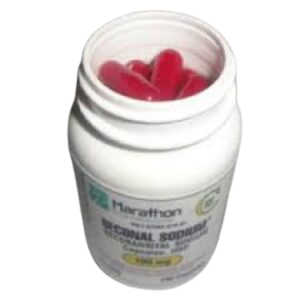

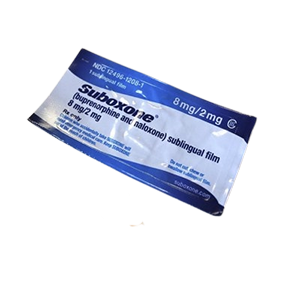
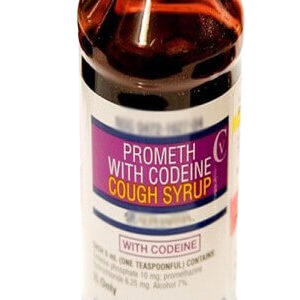

Reviews
There are no reviews yet.